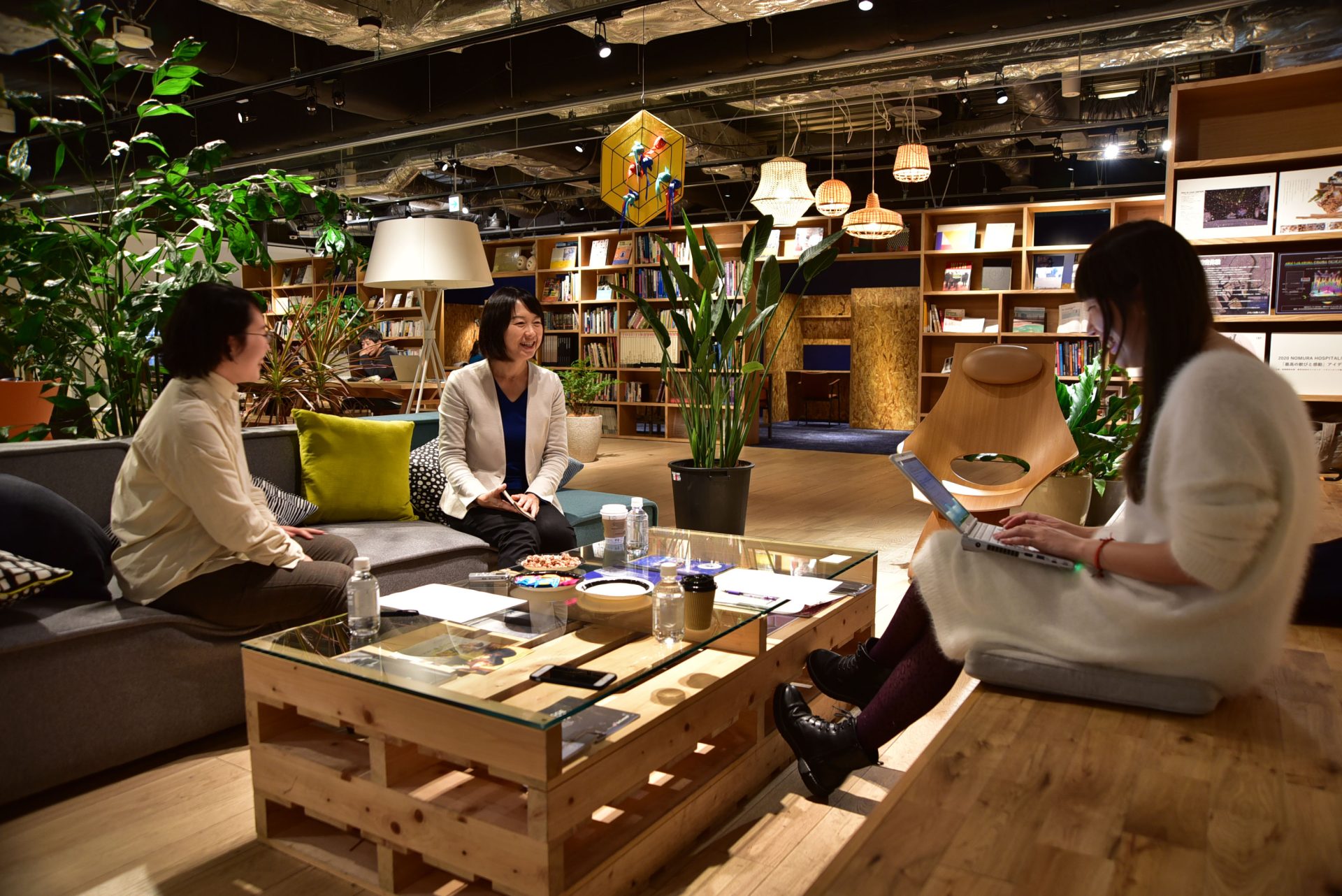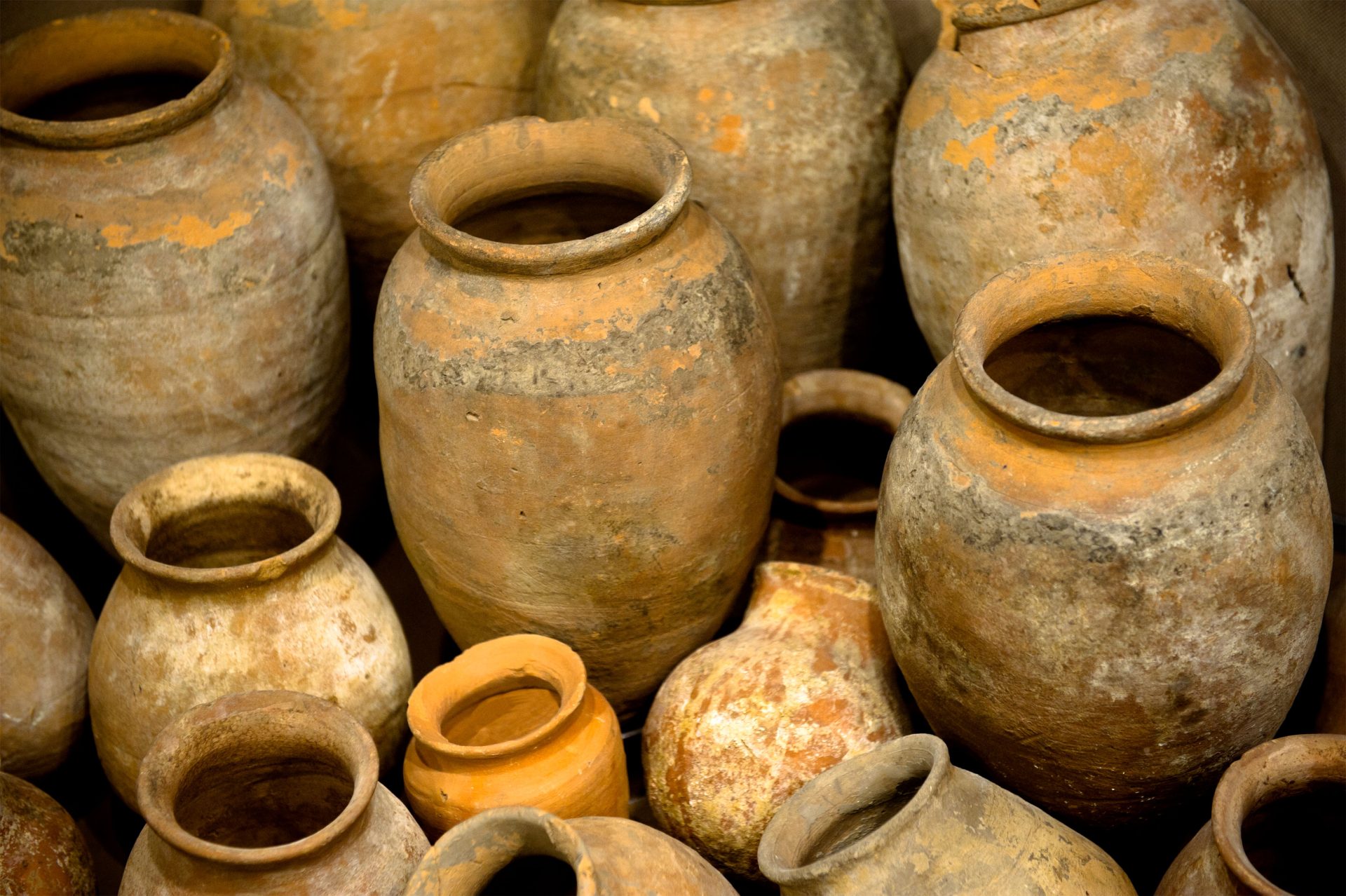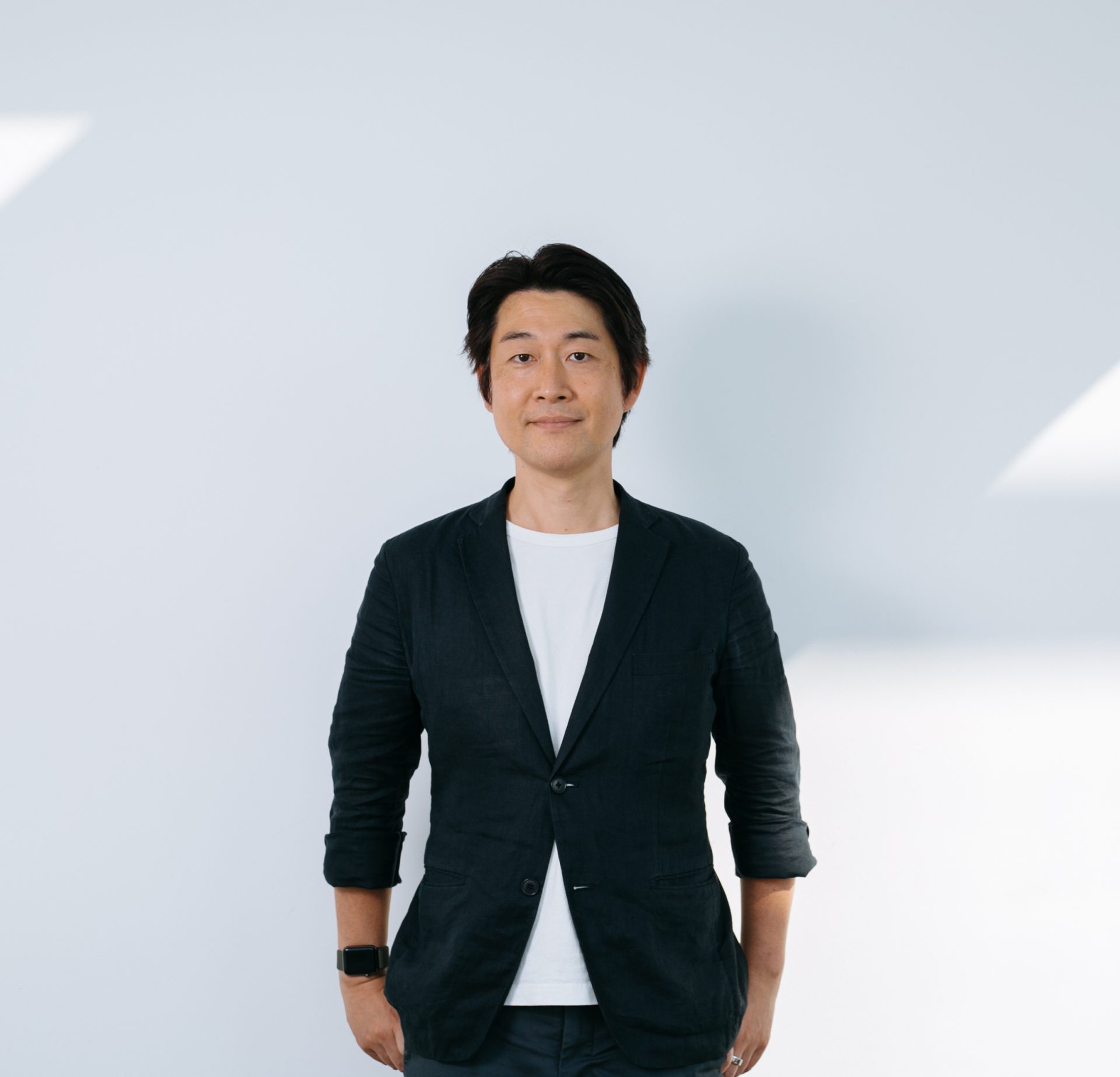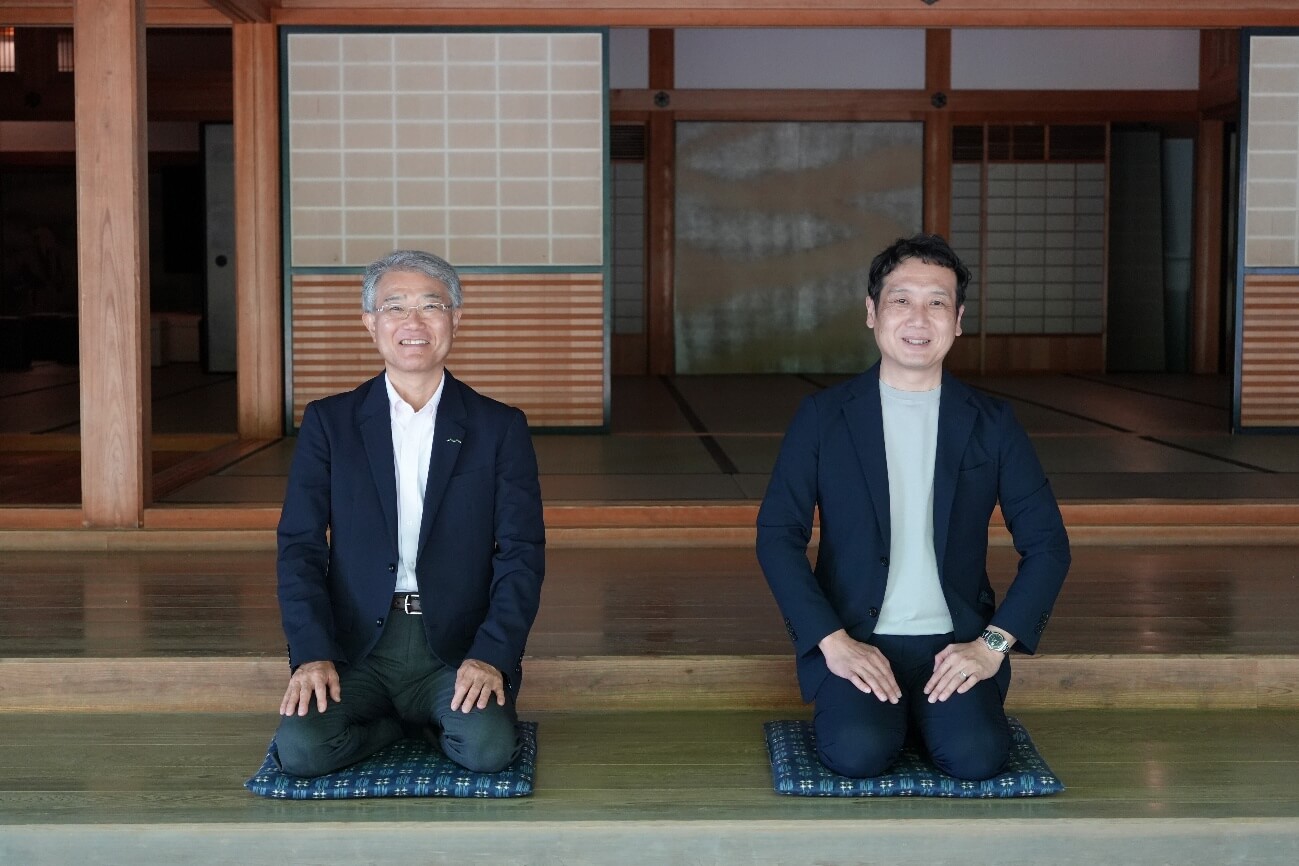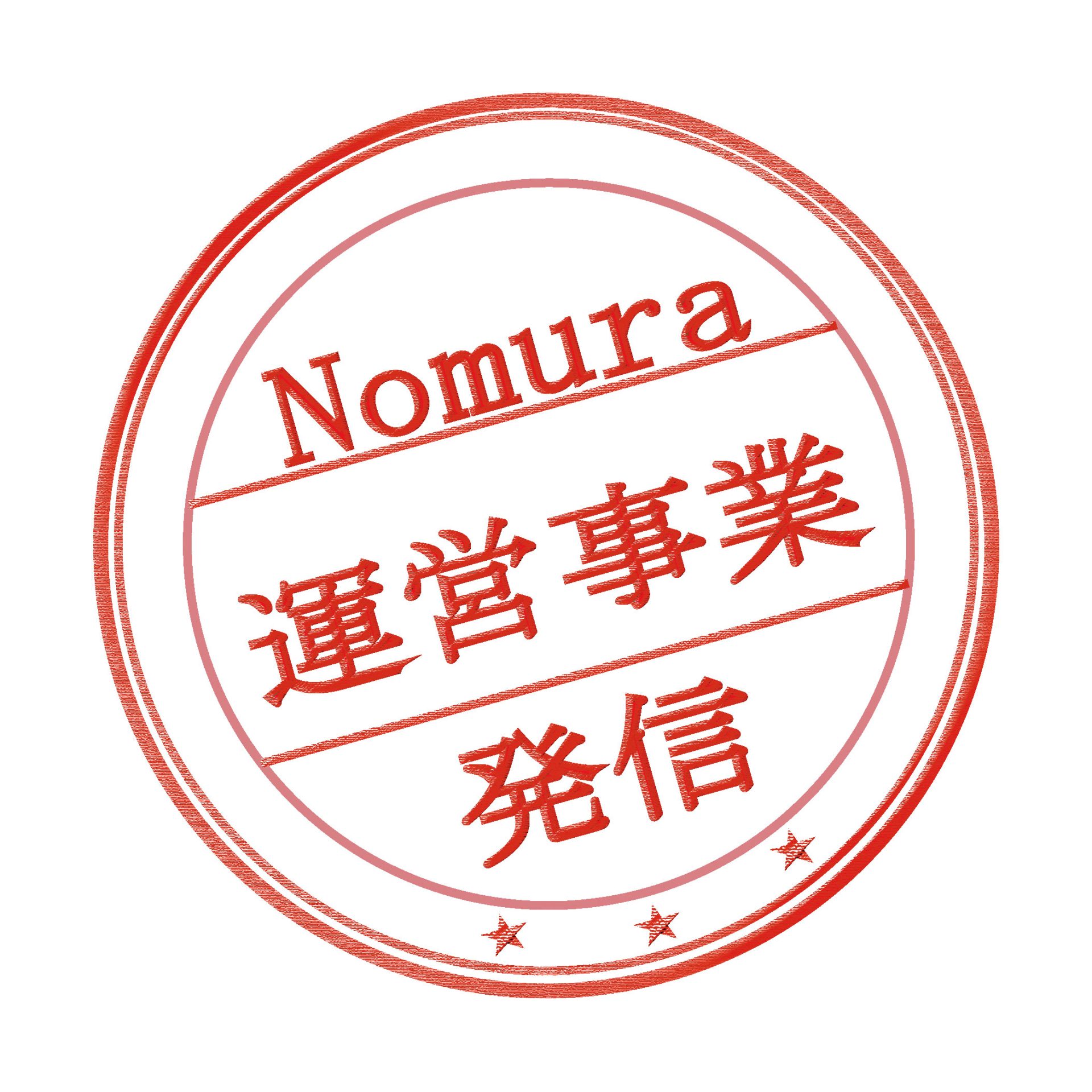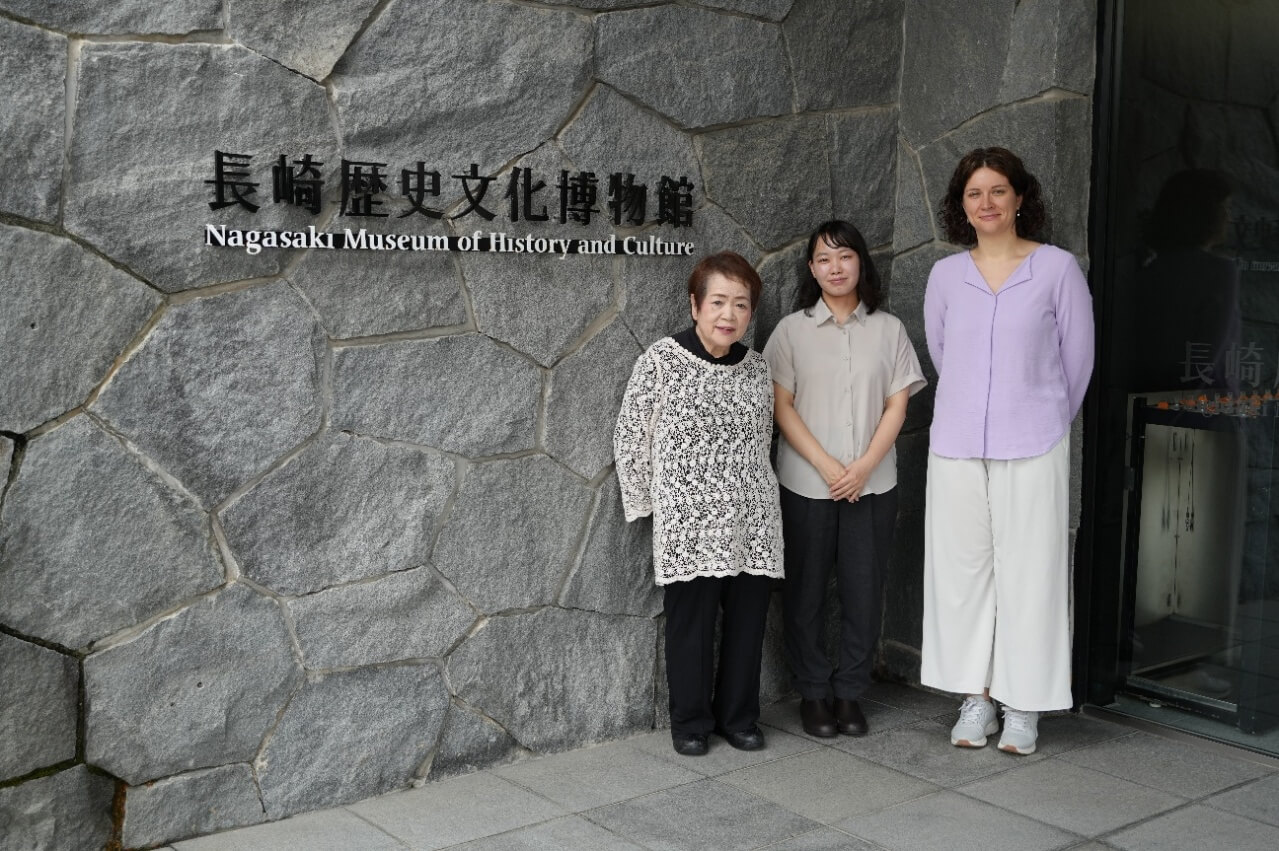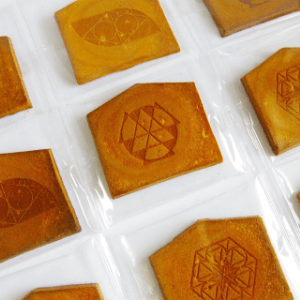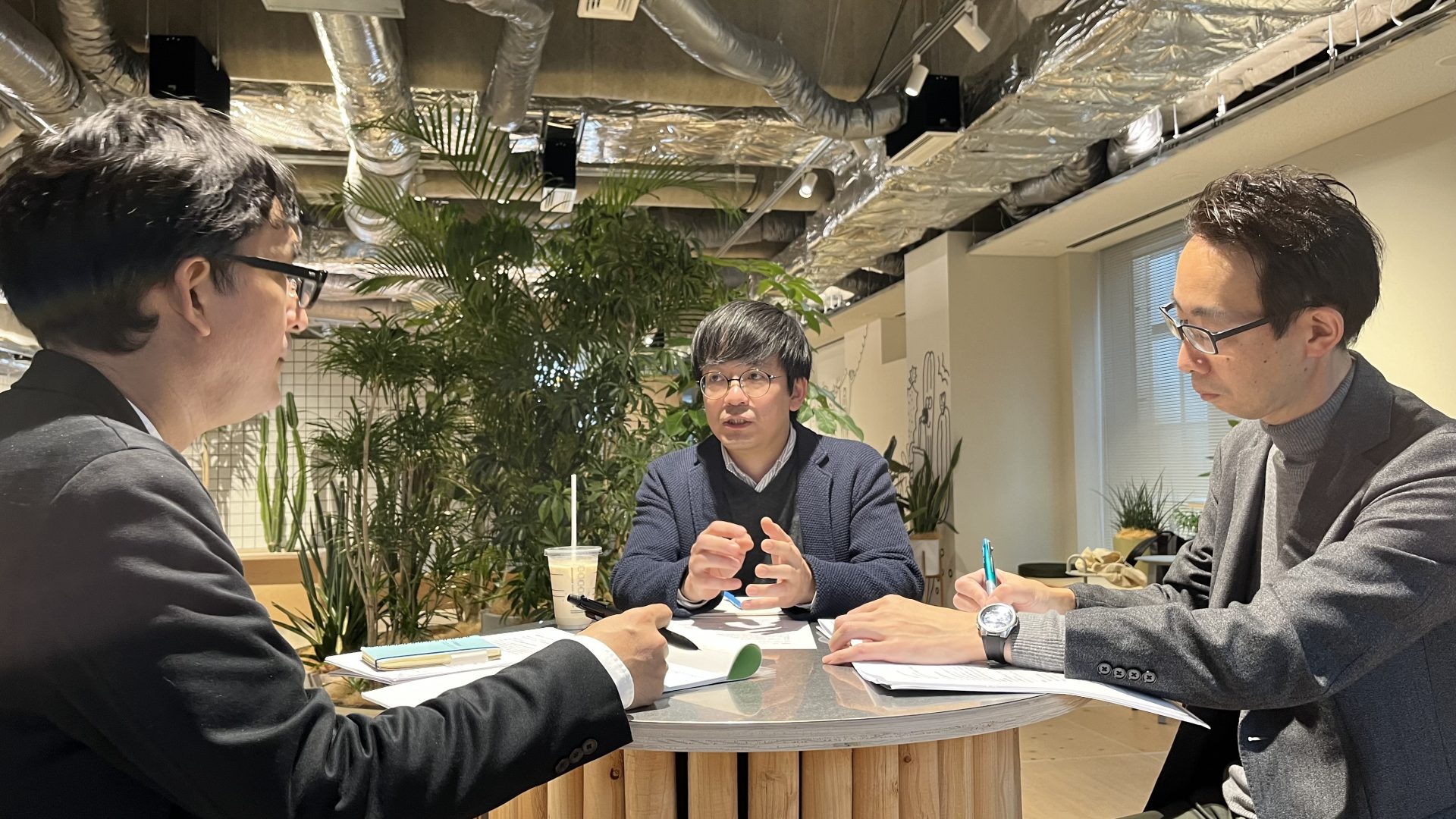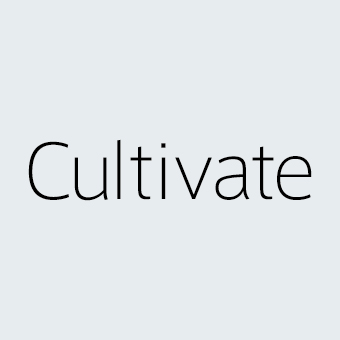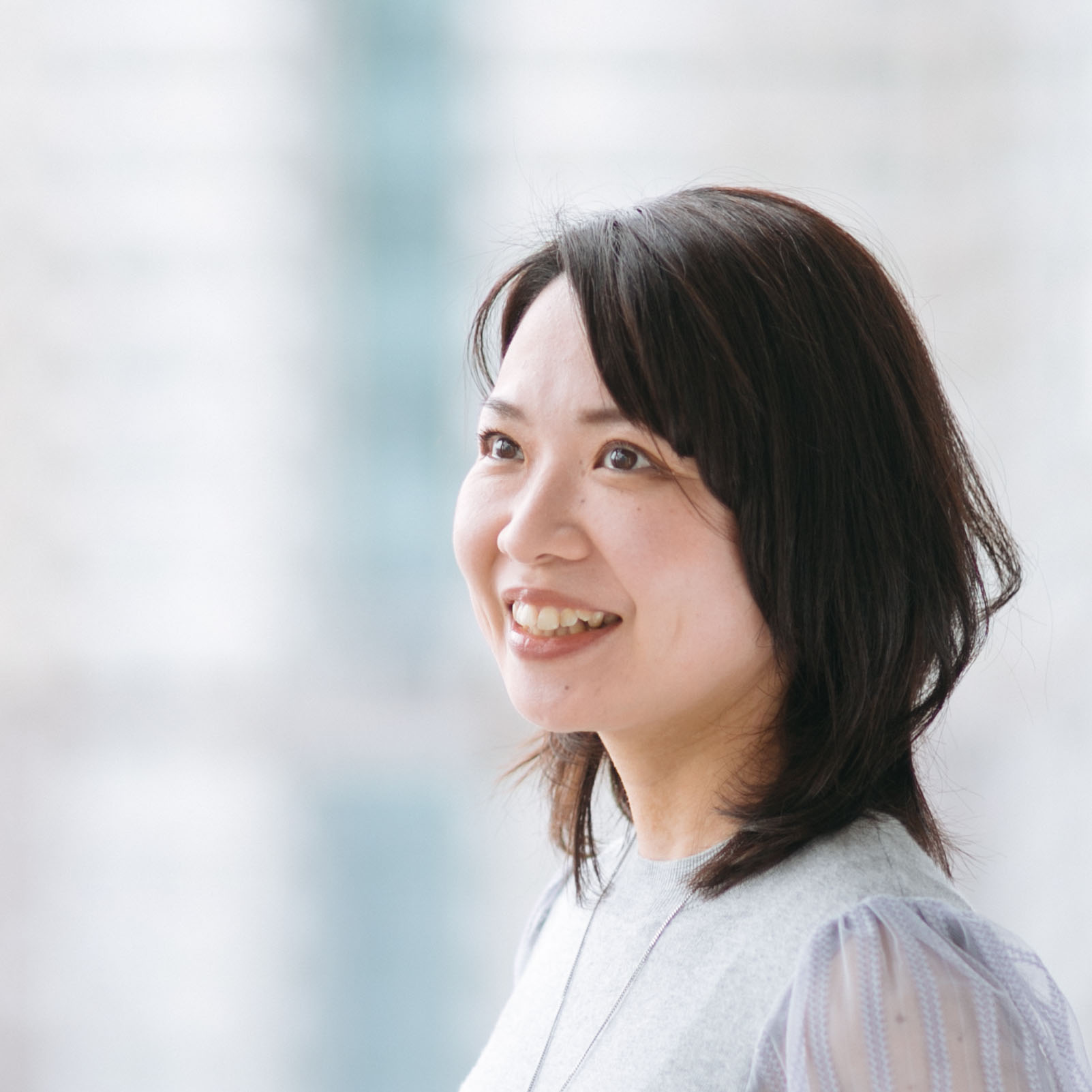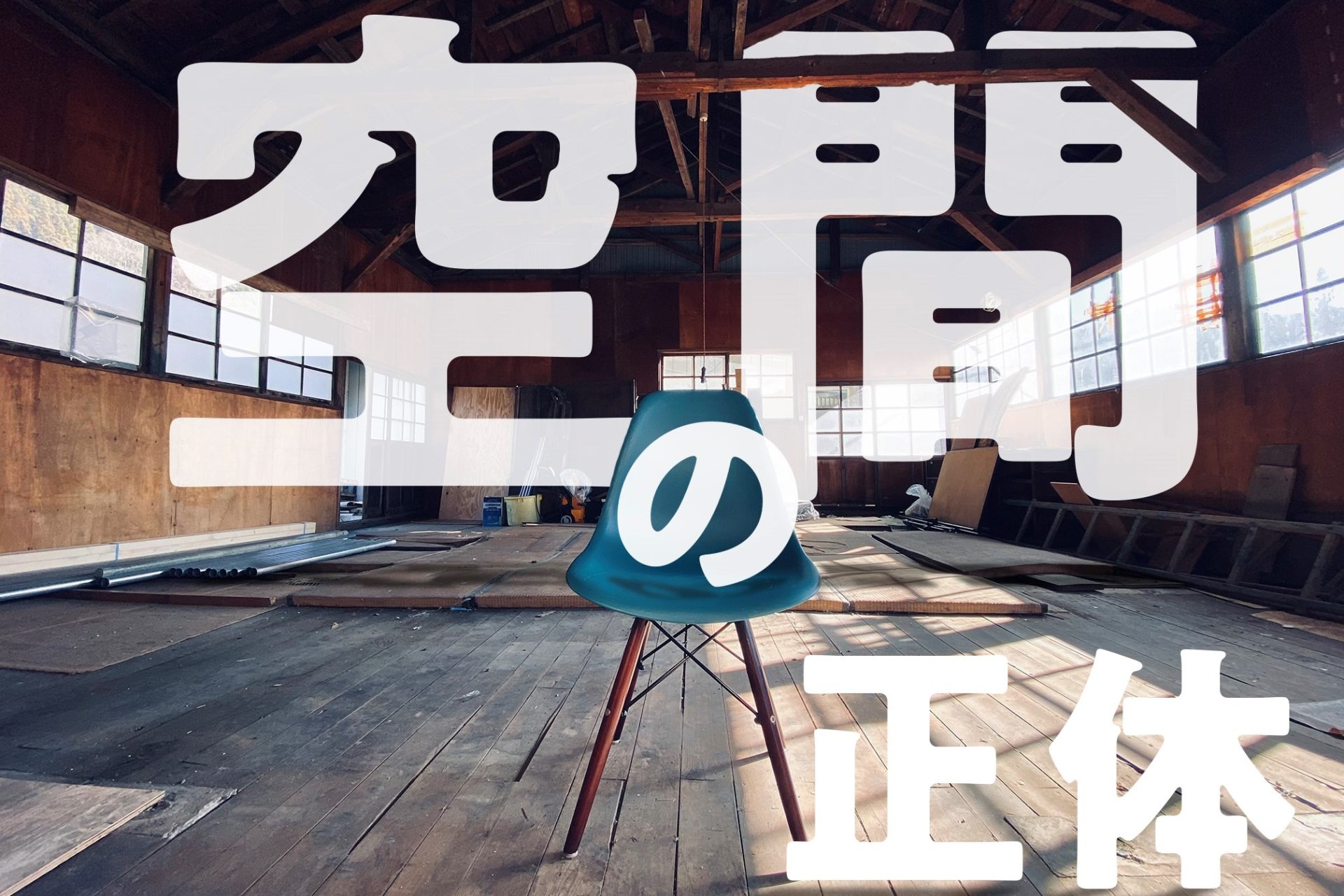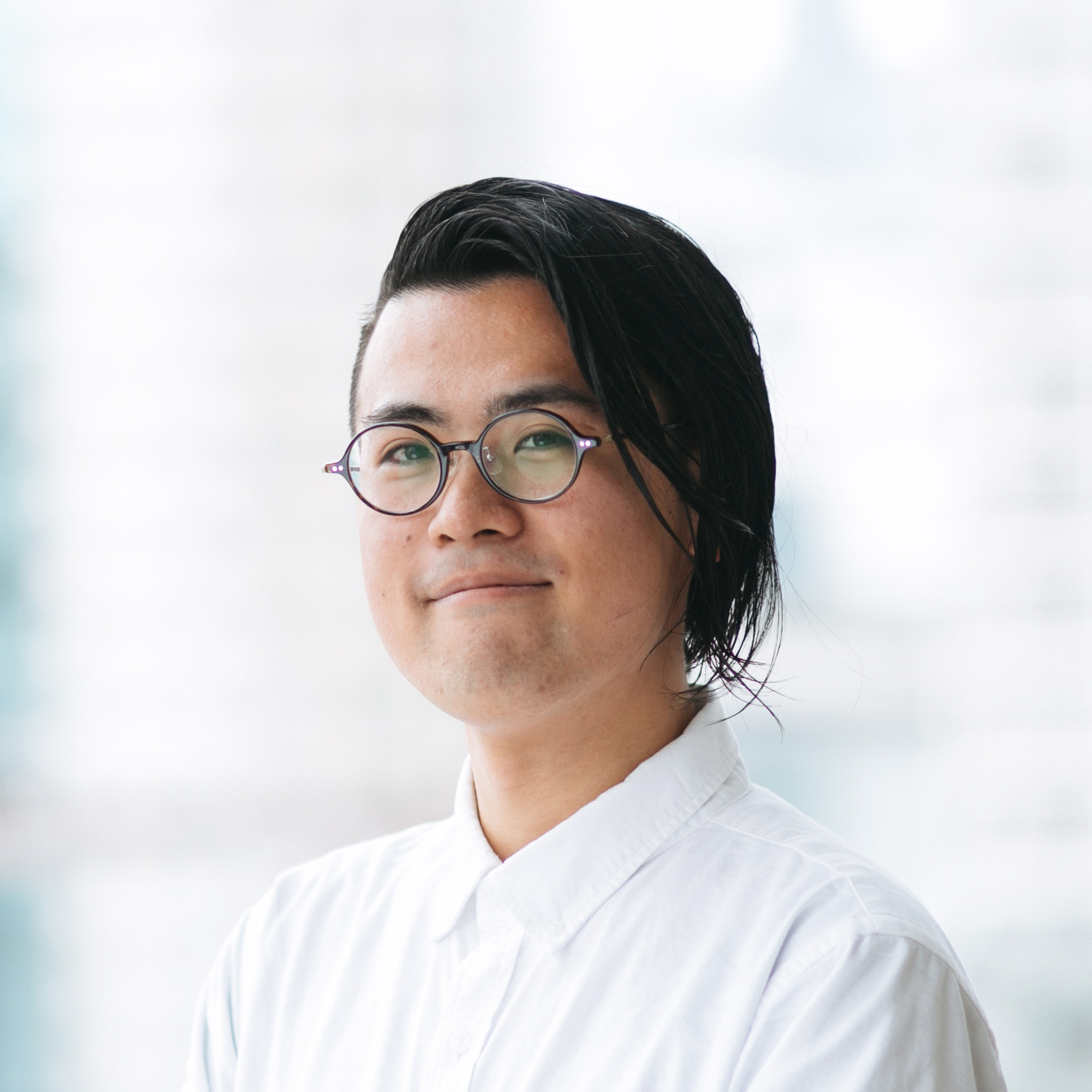- text and edit by
- Mao Horii
With the theme of "Possibilities of space creation now and in the future"
Dialogue project to interview various pioneers and challengers
The theme of this time is "curator" and "space produce planner"
This second article delves deeper into the work of curators
Museums and galleries where various exhibitions and projects are held. You may know the existence of the curator who works there.
But what exactly is a curator? What are you doing in a museum or art gallery?
In the second part of the interview with Mr. Nakagawa, from the perspective of "What is the work of a curator?"
We question the future of exhibition creation in museums.
*Click here for the interview article with Mr. Nakagawa and the first article written by Yuki Shimokuni, and here for the first part of this article.

(left) Aya Nakagawa Curator, Nara National Museum
As a researcher at the Nara National Research Institute for Cultural Properties, he has been involved in excavation work for six years and exhibition work for six years.
Since then, he has been active in both research and exhibition as a researcher in the archeology department at the Nara National Museum.
(Right) Mao Horii Planner NOMURA Co., Ltd.
Joined NOMURA Co., Ltd. in 2016. Performs exhibition planning work for natural museums and science museums.
What is the job content of a curator?
Is a curator's jobresearch or education?
Horii
Continuing from the first part, in the second part, I would like to dig a little deeper into the work of the museum.
It is generally said that museums have three pillars: research, preservation, and exhibition.
Nakagawa
I believe this is unordered. First of all, preservation is the most fundamental to the work of museums. Whether you like it or not, it always exists as routine work. And I feel that research and exhibition run side by side and each has its own pleasure.
In research, I deal with subjects that I find interesting, but in exhibitions, even if I can deal with my specialty, it's only about 10%.
Horii
I see. Since I have a science background, I often work at natural museums and science museums, but in that sense, I think the actual situation is completely different from that of history and archeology museums. Biology and geology are more common than what Mr. Nakagawa said, but science museums that deal with fields such as physics and chemistry often don't have materials to preserve, and researchers in those fields often don't have them. Sometimes I am not in the building.
What is the position of a curator working at a natural museum or science museum?
Nakagawa
yes! ? That's a bit of a shock... What is your position as a person who works at a science museum?
Horii
They are called curators, science communicators, attendants, and so on. Such people, of course, have knowledge of science, but in many cases, they are not researchers, but work related to the spread of education. I've never heard of a case where a researcher in science or engineering publishes a paper while belonging to a science museum.
Curators who conduct research and curators who specialize in promoting education
Nakagawa
Even among historical curators, there are some who don't do research these days. Lately, the number of designated managers*1 has been increasing, and in some cases, there are researchers who are not rooted in the area, but who are dispatched from a completely different area. Such people may specialize in the dissemination of education and do not conduct research.
However, there is an atmosphere that curators who do not research are not desirable. Even if I can openly hand over reprints*2 of papers to researchers' gatherings, I find it difficult to say that I am putting effort into promoting education. As long as I receive a salary as a researcher, I feel guilty that I have to do research in my own specialized field to give back.
*1 Designated manager system: A system in which the management and operation of public facilities are delegated to private companies. Substitutes are not necessarily based in the area where their facilities are located.
*2 Offprint: A booklet of one's own thesis.
Horii
I think that educational dissemination activities are just as important as "return" to research...
Nakagawa
I guess. I think it's a lot of giving back, but that kind of thinking doesn't really spread. If you want to do research as a mission, I really want you to reduce your chores, not your educational outreach activities. There are people who are doing research even in their off time.
 Different disciplines, such as history and science, seem to have completely different ways of thinking.
Different disciplines, such as history and science, seem to have completely different ways of thinking.
Educational dissemination of museums
who is in charge
What is the scope of a curator's work? Between research and educational dissemination activities
Horii
In overseas museums, the curators who conduct research and the staff who engage in educational activities may be divided into different occupations and departments. I am relatively in favor of that way of thinking, but what are your thoughts on that?
Nakagawa
I think it would be boring if that happened. It means that people different from those who are familiar with the historical value of the work will do the educational spread. For someone like me, who wants to do anything, it seems like I'm treating my work a bit coldly, with such a vertical division.
Horii
That would be ideal, but I don't think anyone can do it.
Nakagawa
Recently, in our museum, there is an opinion that we should have an educator because we do not have a vertically divided organization like overseas because the element of educational dissemination is weak. We are looking for the lack of human resources as the reason why we are not working on the spread of education.
Horii
Do you want to gather curators who want to do anything, or gather experts according to the content of the work? Depending on the hall, I think it's okay to have either style, but what do you think?
Nakagawa
It is true that museums, which are relatively large domestically, have tended to hire specialists in educational dissemination in recent years. However, I feel that there are many people who do not know what kind of work should be done by the person in charge of education and dissemination. Is teaching popularization to be in charge of hands-on and worksheets for children?
Horii
surely. Even if there is no such discussion, even if it is vertically divided...
Nakagawa
that's right. I thought it would be impossible to imitate Europe and the United States and divide it vertically. As a different method, I think it would be good for researchers to be more conscious of having a mindset of promoting education. I feel like their efforts are being neglected.
 You can really feel Nakagawa's passion for the exhibition.
You can really feel Nakagawa's passion for the exhibition.
What is the mission of a curator?
Curators existto connect to the future.
Horii
What do
you think the mission of a curator is, Mr. Nakagawa?
Nakagawa
In my view, the mission of a curator is to safely entrust the work to the next generation. For that reason, I think that the role played by the curator is the same, to maintain and enhance the value of the work itself with affection. And I hope that many people will become fans of the works and the museum, and that they will continue to be interested in them so that they will not lose them.
Horii
As an exhibition planner, I feel that it would be great if more people would like science, even if we were to create a science museum. After all, I'm not a scientist, so I can't say, "I have to pass on science to someone else." However, I have a vague idea that if more people like me, I'm sure there will be people who support me.
Nakagawa
Then, what would happen if the number of enthusiastic fans increased, but the bearers did not appear?
Horii
That's... not good.
Nakagawa
After all, you want to create a successor, and you want to continue the world where you can enjoy this academic field.
Horii
Hmm... It might be more accurate to say that the company finds value in increasing the number of fans. I think it's a happy thing just to like things.
Impressive training for curators
Nakagawa:
I see... I was very impressed with the contents of the recent training for curators regarding this discussion. I was given the task of how to spread the word to the children in hospital classes. As a curator, I want to protect the works that I am interested in into the future. I wondered if children with illnesses that could not be promised would be able to spread the word with the same feeling. When I thought about it, I almost cried because I thought that the “mission of a curator” was very poor.
Perhaps, I think there is a perception somewhere that there is something lacking in enjoying historical things as casually as listening to music. It's hard to separate it from pure enjoyment, and I really want to incorporate elements of learning that will lead to the future, and I think that's part of my inexperience as a curator.
♦ ♦ ♦
Curator and Exhibition Planner, History and Science. It's amazing how even people who are in charge of creating the same exhibition can have such different attitudes when their positions, backgrounds, and fields are different. In particular, I felt that the idea of ``protecting works for the future'' and ``passing on knowledge to the next generation'' is a perspective unique to a curator, unlike exhibition planners who do not have their own museums or specialties.
I was overwhelmed by Mr. Nakagawa's challenging enthusiasm, but I had a very enjoyable time.
Thank you very much, Mr. Nakagawa!

(Photo by Hideki Sato)
———————————————————————————————————
★The latest book written by Mr. Nakagawa
"You can enjoy it just by looking at it! Garbage Encyclopedia of Heijo-kyo Life in the Nara Period as Seen through the Latest Research”
Supervised by Nara National Research Institute for Cultural Properties
Kawade Shobo Shinsha http://www.kawade.co.jp/np/isbn/9784309226880/
――――Is this garbage from the Nara period?
The "garbage" unearthed during the excavation tells a rich story about the diet and lifestyle of the people of the Nara period!
———————————————————————————————————
Like this article?
